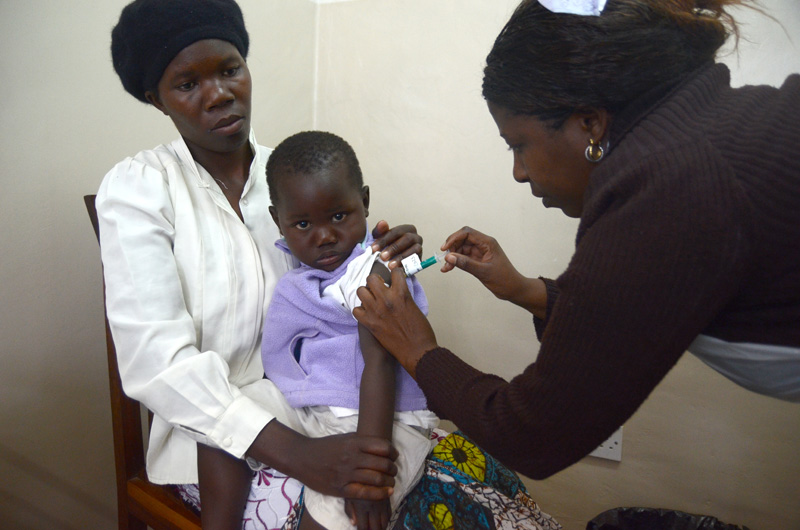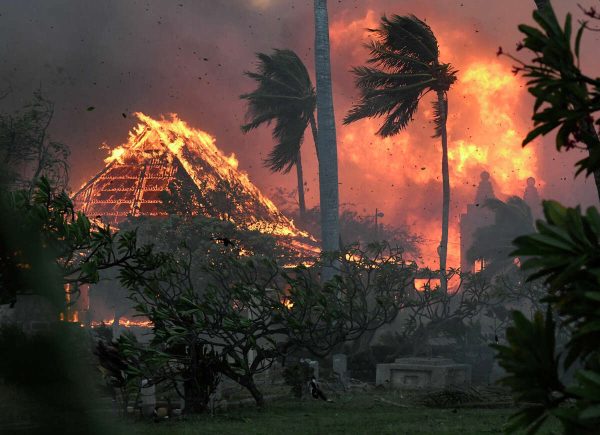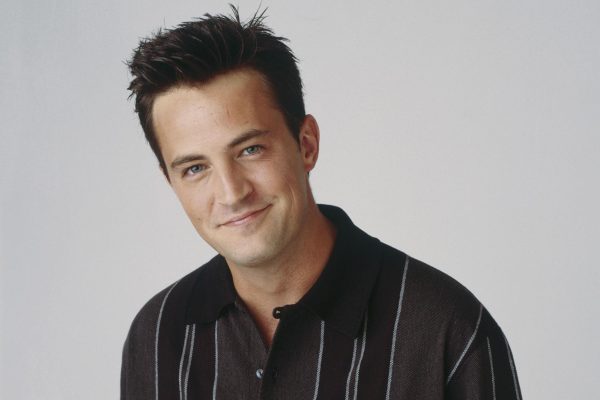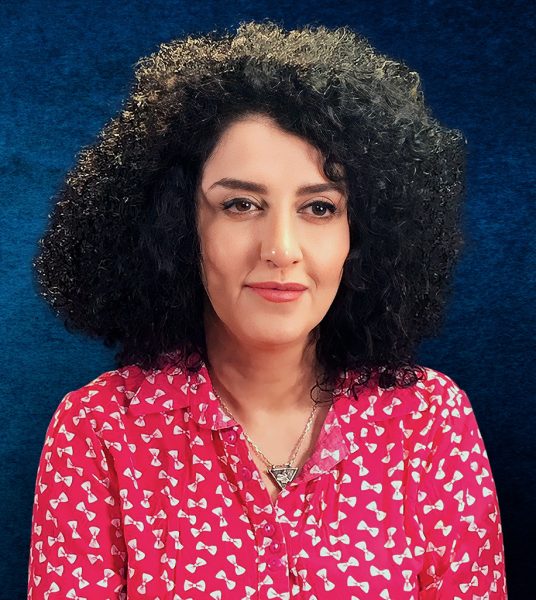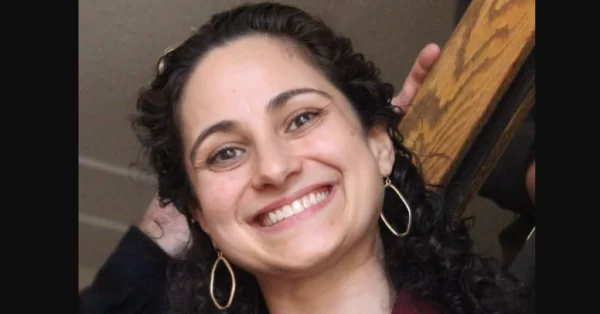WHO begins use of new malaria vaccine
On April 23, 2019, the World Health Organization (WHO) began their Malaria vaccine pilot program in the country of Malawi located in East Africa.
WHO plans to vaccinate 360,000 children in a year in Malawi and two other African countries, Kenya and Ghana.
Malaria is a deadly parasitic disease, which is transmitted by female Anopheles mosquitoes.
Malaria is curable and preventable but it still claims up to 435,000 people’s lives a year. In Africa, malaria is a serious problem with more than 250,000 children a year dying from the disease.
Between the years of 2000 and 2005, Malaria cases decreased by 41% and deaths related to malaria decreased by 64%. However, Malaria is once again increasing with 219 million cases in 2017 compared to 217 million cases in 2016.
RTS,S or also know as Mosquirix is being offered as a complementary control tool for malaria along with the bed nets and spraying bug repellent in the house.
Mosquirix was created in 1987 by British pharmaceutical brand GSK. Over the last thirty years, the vaccine has undergone several trials.
The vaccine will be targeting infants due to the fact that there is a greatest risk to children under five years of age and the fact that malaria kills a child every two minutes.
The vaccine will be given in four doses with effectiveness for seven years. The child will receive three doses between the age of five and nine months and then receive the fourth dose around their second birthday.
However like any vaccine there are flaws and concerns.
As seen in clinical trials the vaccine only partially prevents the contraction of malaria with only preventing four out of the ten cases. Mosquitoes can even become resistant to the vaccine in ten to twenty years.
As well, there has been concerns from health officials that parents will not bring their children back for the repeated doses which will lessen the effectiveness.
However, the most important fact is that the vaccine has the potential to save ten thousands of children from malaria.
As Dr. Kate O’Brien, Director of Immunization and Vaccines at WHO, said “This is a landmark moment for immunizations, malaria control, and public health.”

I am a senior at NHS and would like to pursue a nursing degree in college. I enjoy writing and love reading the news. My favorite topic for articles is...



